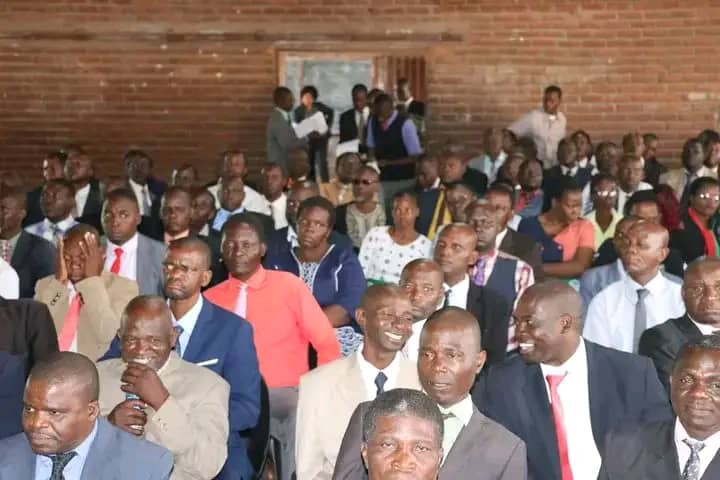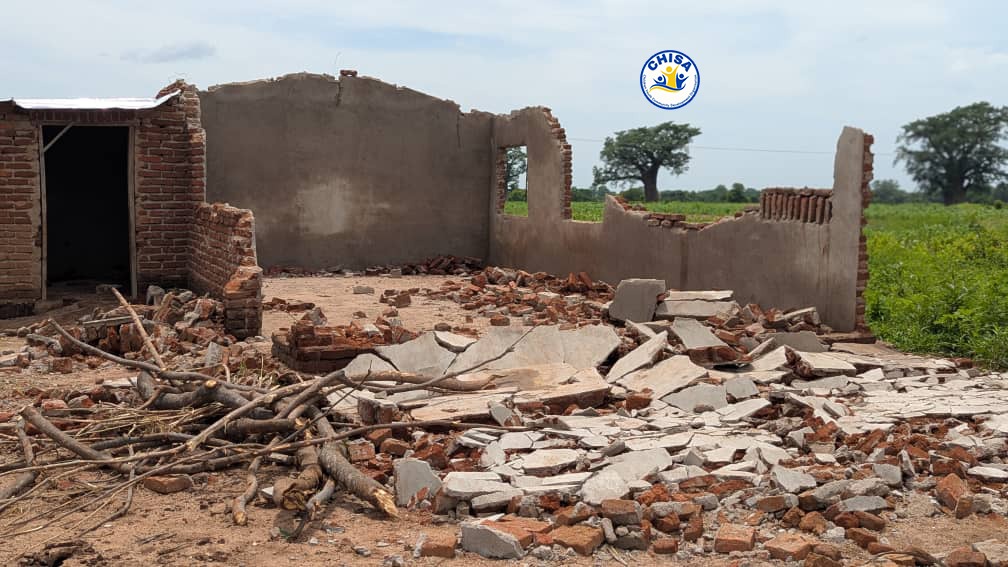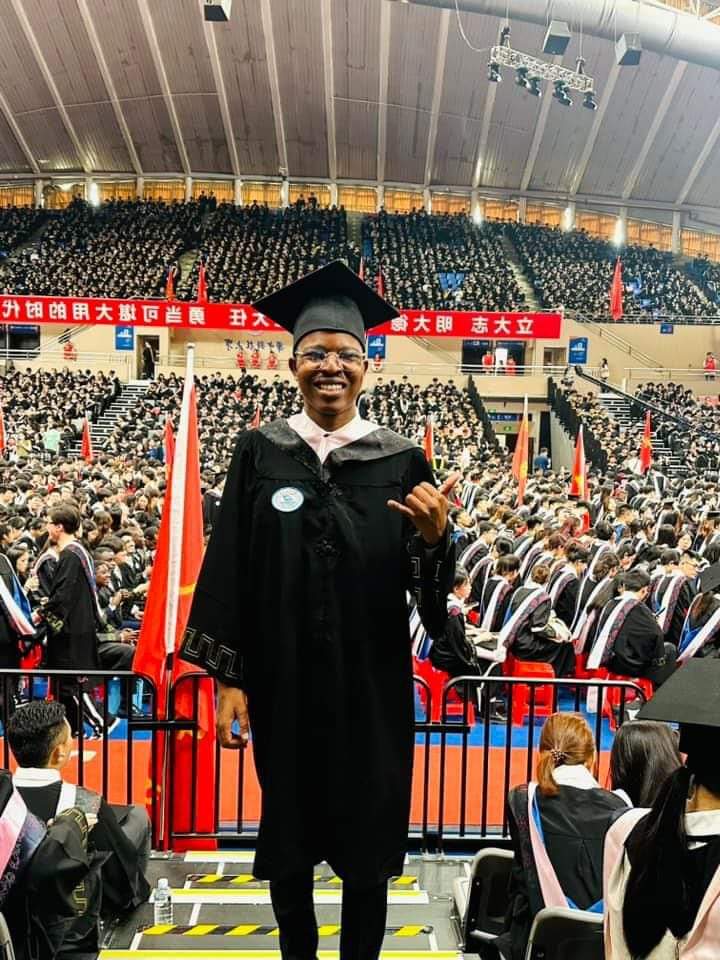By Burnett Munthali
In an elaborate and controversial move, authorities are compiling a list of approximately 2,000 primary school teachers and 450 secondary school teachers set to attend an event at Sanjika Palace this coming Saturday, 12th July.
This large-scale mobilisation raises serious questions about priorities, especially at a time when Malawi’s education system is underfunded, understaffed, and increasingly strained.
Transport arrangements have been put in place, with vehicles scheduled to pick up both primary and secondary school teachers from their respective zones.
While the logistical planning may appear impressive, one must ask at what cost — and to what benefit — this exercise is being carried out.
Teachers have been advised that the transport vehicles will begin picking them up very early in the morning, signaling a day-long commitment that may ultimately serve political or symbolic gestures rather than educational reform.
Participants are expected to dress in formal attire, another indication that this is more of a showcase event than a professional development opportunity.
The function is scheduled to begin promptly at 8:30 a.m., with strong emphasis placed on punctuality, even though there’s little clarity on the actual purpose or content of the gathering.
Teachers are also being instructed to memorize the registration numbers of their vehicles to ensure they use the same ones for their return — a detail that suggests rigid control, but not necessarily thoughtful consideration of their welfare.
Responsibility has been pushed down to Primary Education Advisors (PEAs) and headteachers, both at primary and secondary school levels, who are expected to “take charge” of their teachers — effectively turning educational leaders into logistical managers.
Further instructions call for all attendees to remain sober and behave properly while at Sanjika, a cautionary tone that hints at mistrust toward the very professionals being paraded.
Finally, the message closes with a generic well-wishing, but by then the broader implication is clear — this entire operation seems more performative than purposeful.
At a time when classrooms lack desks, chalk, and qualified staff, such extravagant displays of attendance at State House functions risk undermining the dignity and focus of the teaching profession.
Rather than mobilising teachers for palace visits, government should be mobilising textbooks, salaries, and genuine reform.




